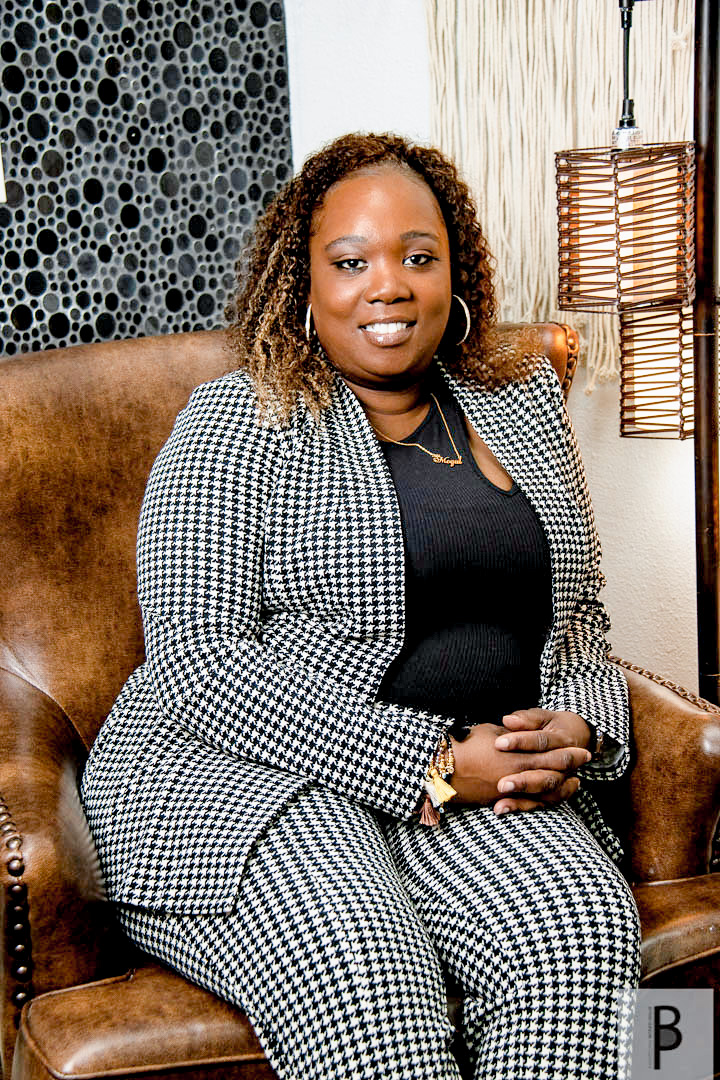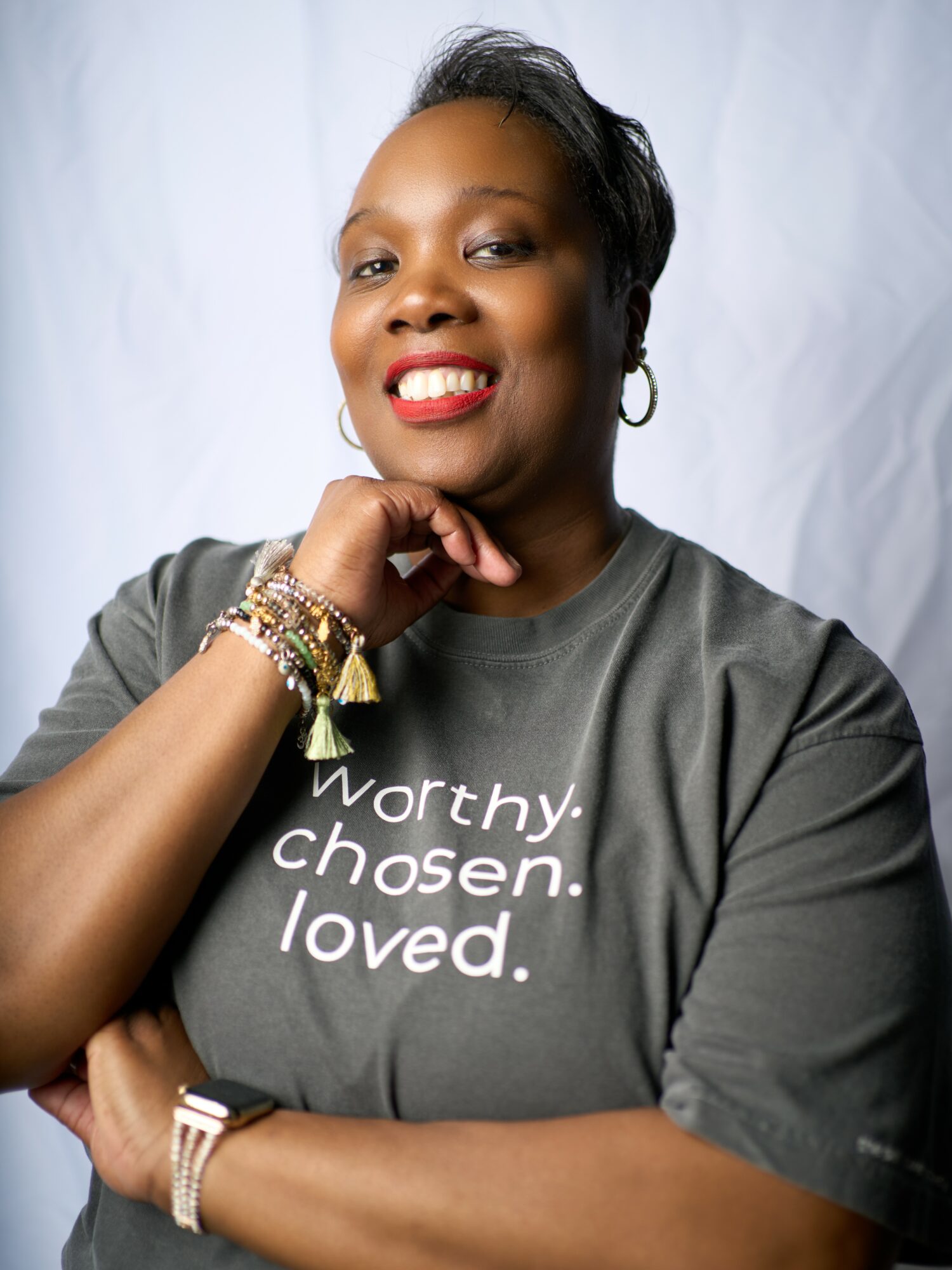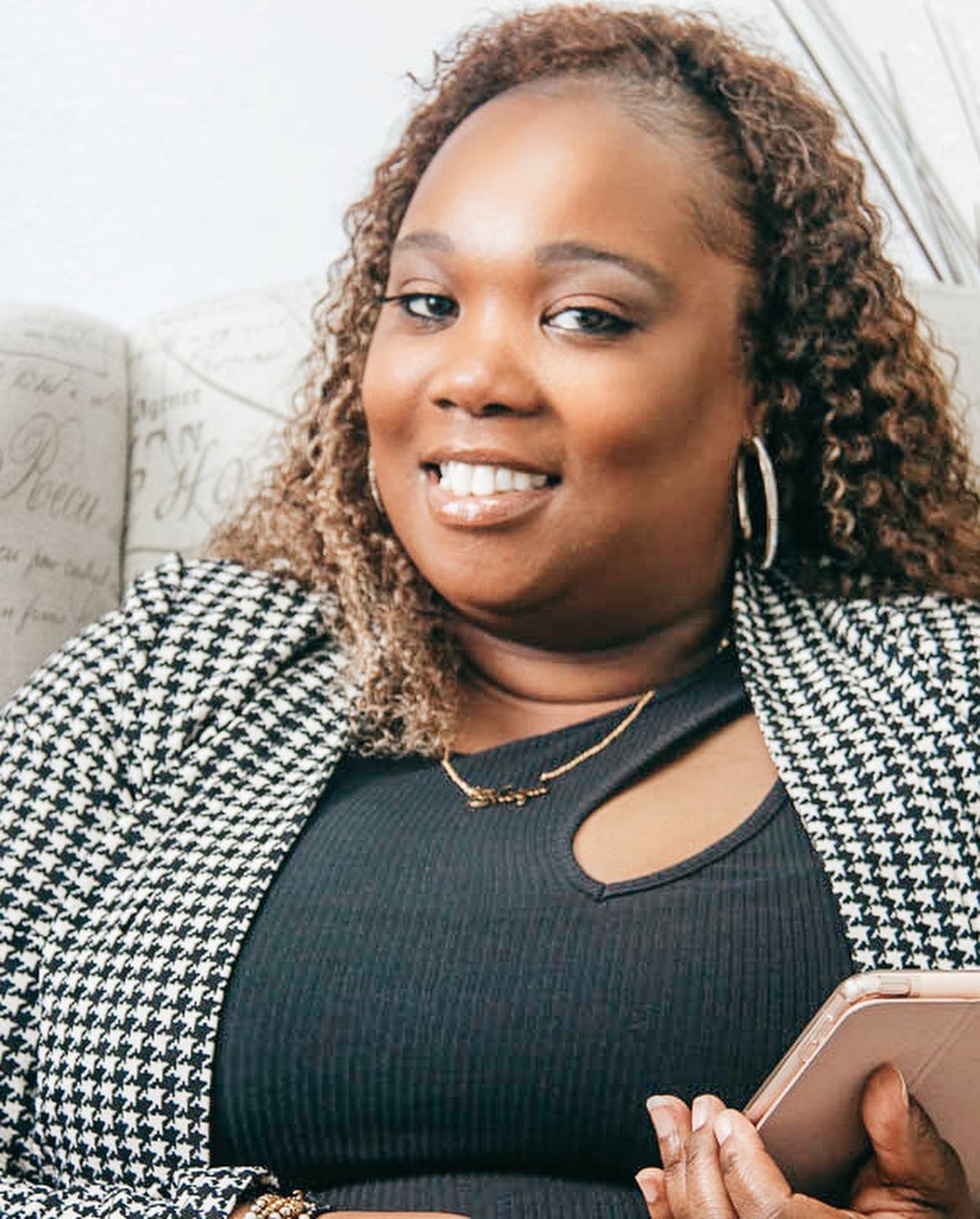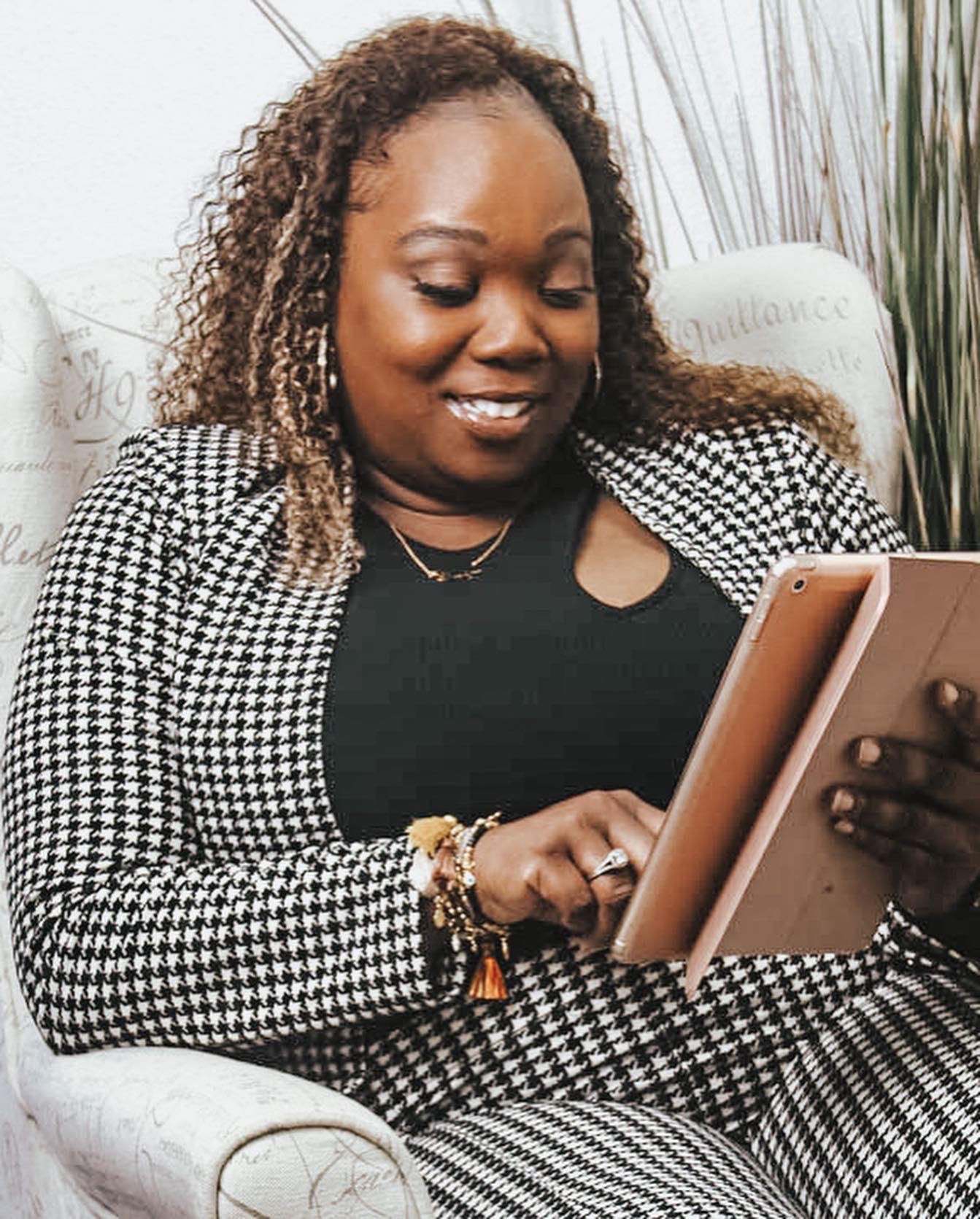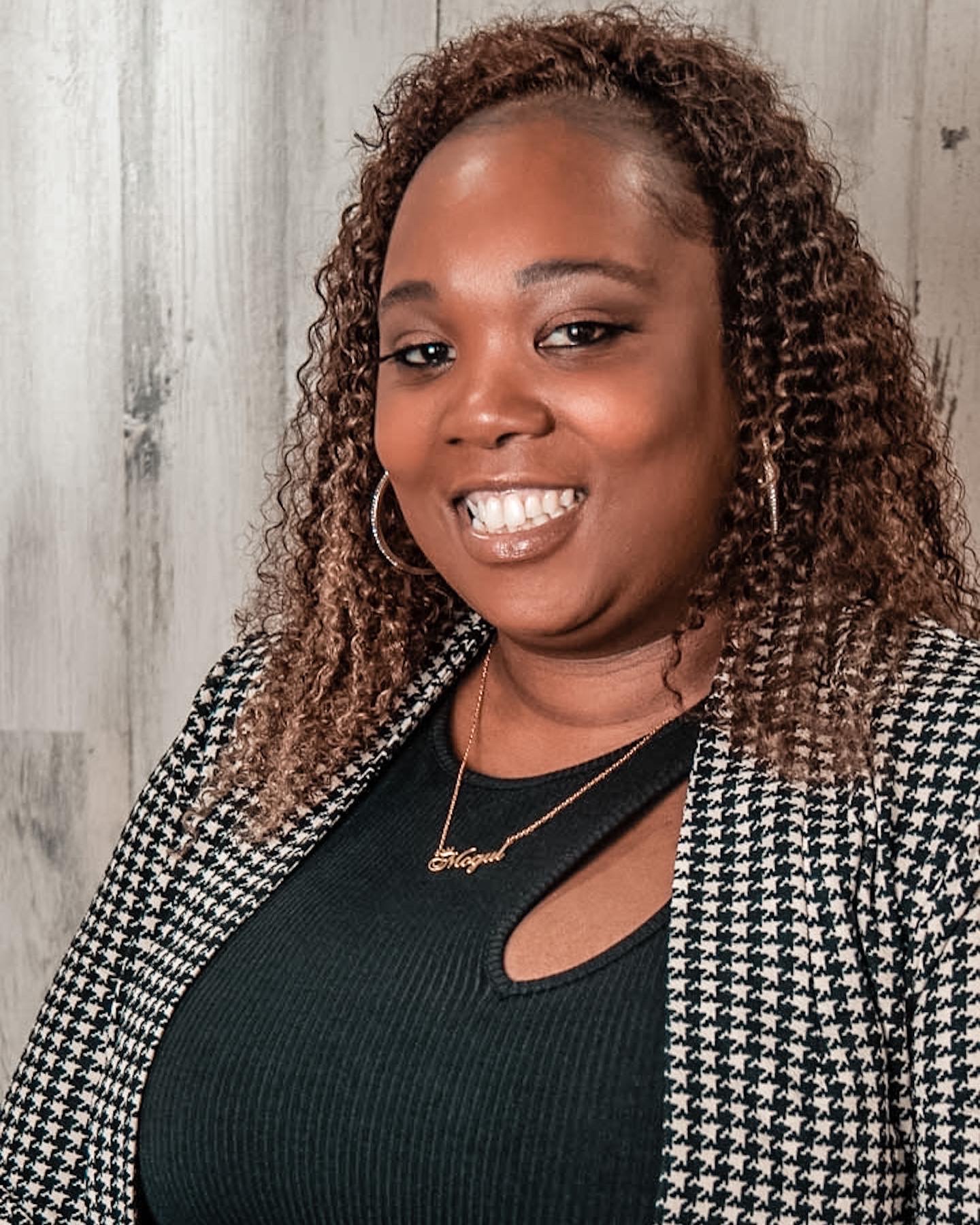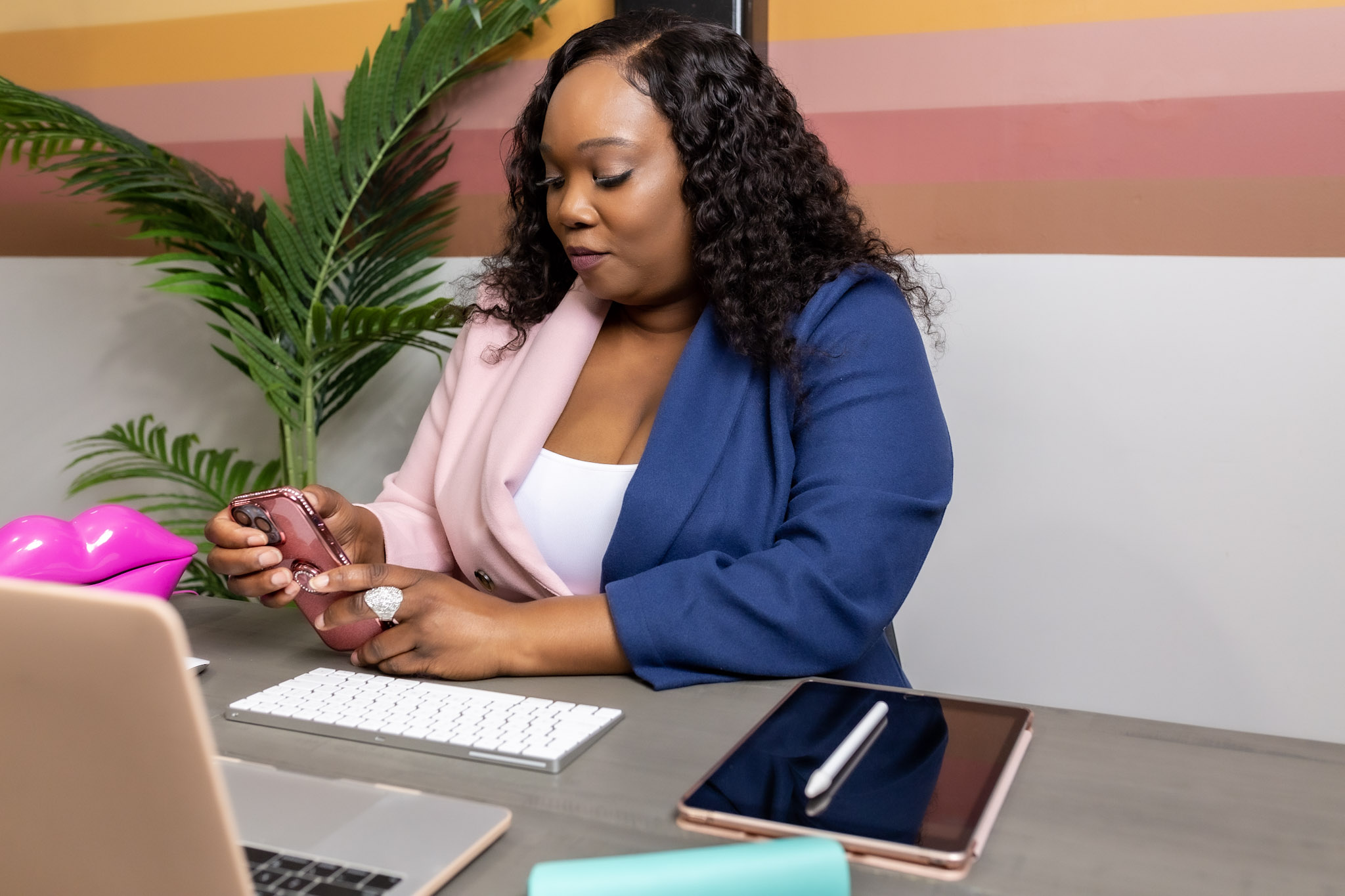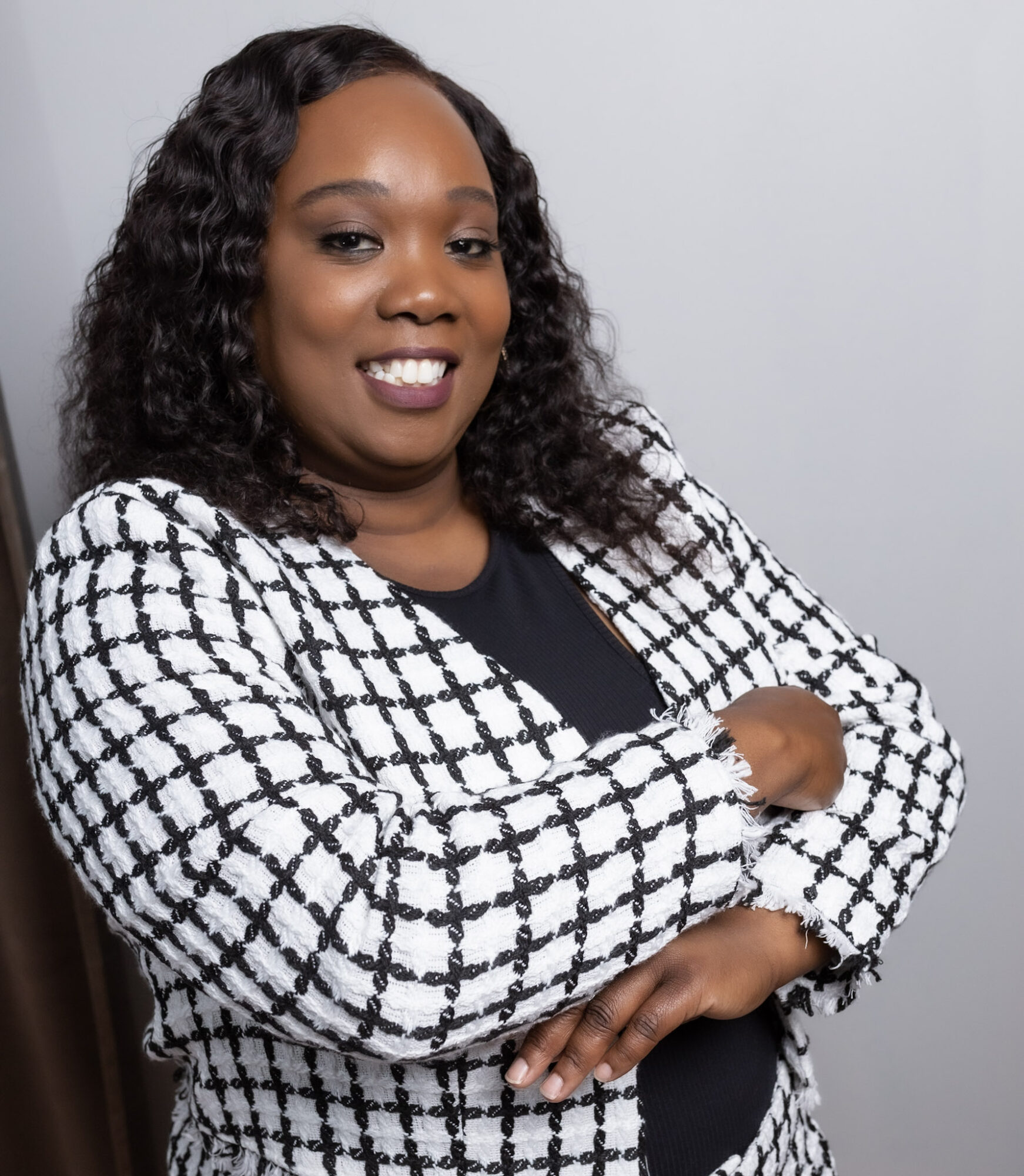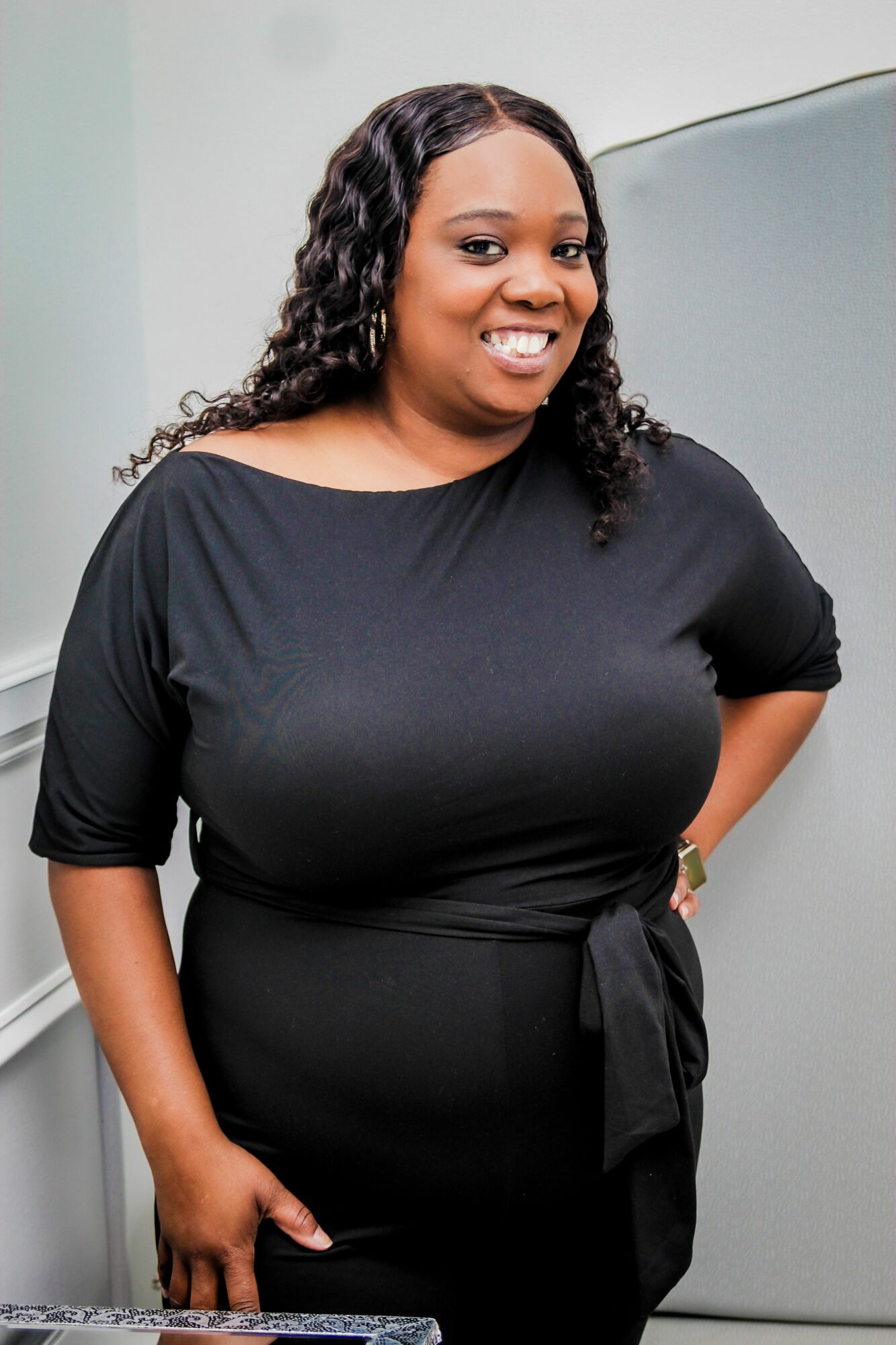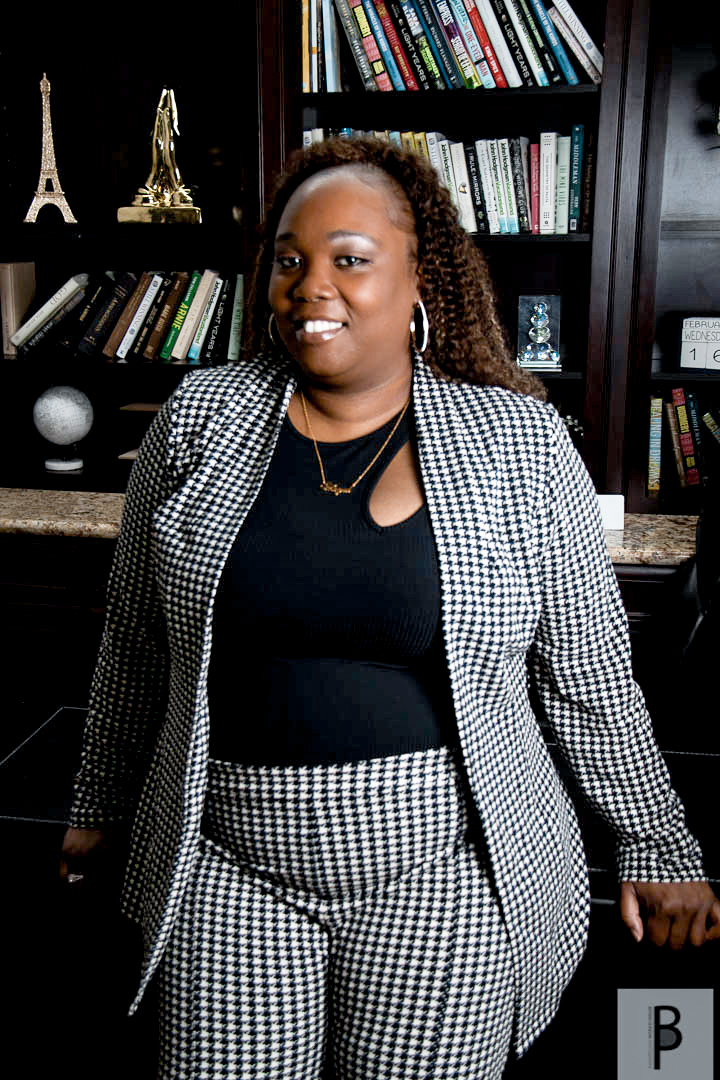

LaKisha Mosley shared their story and experiences with us recently and you can find our conversation below.
LaKisha, we’re thrilled to have you with us today. Before we jump into your intro and the heart of the interview, let’s start with a bit of an ice breaker: What are you being called to do now, that you may have been afraid of before?
Right now I am being called to step into greater visibility and leadership. For a long time, I was afraid of showing the full truth of my story, especially my struggles with mental health. I thought people would see me as less capable if they knew what I had lived through.
What I have learned is that vulnerability is not a liability, it is a strength. The very thing I was afraid to share is what connects me most deeply to the women I serve. Today I am leaning into speaking more openly, creating bigger stages and experiences, and leading with transparency.
It is uncomfortable at times, but I know it is necessary. Sharing my story and using my voice is how I can help shift the narrative for other women leaders.
Can you briefly introduce yourself and share what makes you or your brand unique?
I am LaKisha Mosley, an entrepreneur, event curator, and mental health advocate. Through my personal brand and my company, The LM Experience, I create spaces and resources that help women entrepreneurs protect their mental health while pursuing sustainable success.
What makes my work unique is the way I combine wellness with entrepreneurship. I believe women should not have to choose between peace and profit, so I design events and tools that give them both.
I am known for curating powerful experiences like My Mind Is My Business Conference, SheSuite Lounge, and other signature events that bring together strategy, leadership, and wellness. Alongside these events, I am developing digital resources like the Soft Girl CEO Reset Checklist and a mental health planner for entrepreneurs, practical tools that align women’s goals with their well-being.
At the heart of everything I do is a commitment to changing the narrative around success. Burnout is not the price of achievement. I want women to see that they can lead with authenticity, protect their peace, and still build businesses that thrive.
Appreciate your sharing that. Let’s talk about your life, growing up and some of topics and learnings around that. Who taught you the most about work?
The person who taught me the most about work was my mother. She showed me the value of consistency and integrity, and that doing your best matters even when no one is watching. I watched her navigate challenges with grace and determination, and that shaped how I approach my own career.
From her I learned that work is not just about the outcome, it is about the discipline you build along the way. She taught me that showing up, even on the hard days, is where real success comes from. Those lessons have stayed with me and show up in how I lead, how I build, and how I serve others.
What did suffering teach you that success never could?
Success feels good, but it can trick you into thinking you have control over everything. Suffering stripped away that illusion. It taught me humility, compassion, and the importance of slowing down. It showed me that strength is not about pretending you are unbreakable, but about learning how to put yourself back together with care.
Suffering also taught me empathy. When you have been in a dark place, you begin to see people differently. You understand silence, hesitation, and struggle in a way that success alone cannot explain. That understanding is what fuels the work I do today.
Success gives you confidence. Suffering gives you wisdom. And wisdom lasts longer.
Next, maybe we can discuss some of your foundational philosophies and views? What’s a belief you used to hold tightly but now think was naive or wrong?
A belief I used to hold tightly was that my value came from how much I could do and how much I could endure. I thought that overworking, saying yes to everything, and constantly proving myself was the only way to succeed. That belief was not only wrong, it was harmful. It left me exhausted and disconnected from my own needs.
What I know now is that real value comes from alignment, balance, and authenticity. Saying no can be just as powerful as saying yes. Rest is not laziness, it is strategy. And protecting my mental health allows me to show up as the best version of myself. That shift in belief changed the way I lead, the way I build, and the way I measure success.
Okay, so let’s keep going with one more question that means a lot to us: How do you know when you’re out of your depth?
I know I am out of my depth when I feel myself hesitating to make decisions because I do not fully understand the issue, or when I notice I am spending more energy trying to look like I have it all figured out instead of asking the right questions. For me, that feeling is a signal rather than a failure. It tells me that it is time to slow down, seek clarity, and bring in support.
Being out of my depth has taught me the value of collaboration. I do not have to know everything to lead effectively, but I do need to recognize when someone else’s expertise is needed. That awareness has saved me from burnout and has made my work stronger because I am not afraid to lean on others.
What I have learned is that being out of your depth is not a weakness. It is a chance to grow, to learn something new, and to let other people shine in their strengths.
Contact Info:
- Website: https://www.lakishamosley.com
- Instagram: https://www.instagram.com/lakishammosley
- Linkedin: https://www.linkedin.com/in/lakishammosley
- Facebook: https://www.facebook.com/lakishammosley
- Youtube: https://www.youtube.com/@lakishammosley
